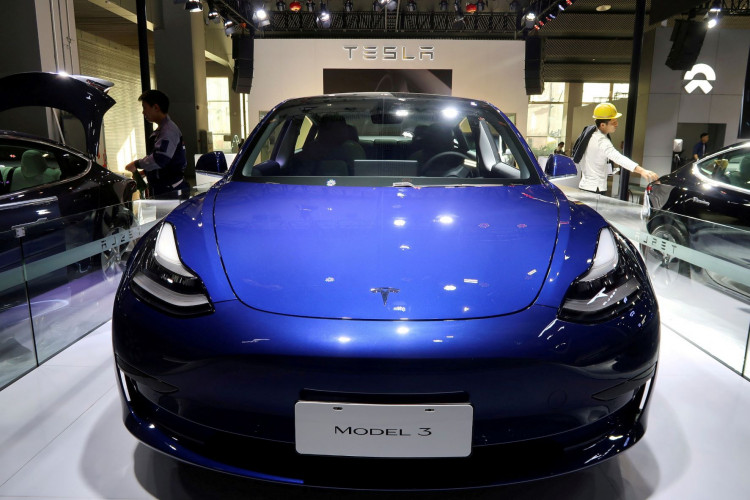The latest round of lockdowns in China due to new outbreaks of COVID-19 significantly reduced the output of electric vehicle companies last month. Local and international electric carmakers, including Tesla, reduced their manufacturing output to record lows as the nation fought to control the outbreak.
The China Passenger Car Association said that EV manufacturers in China produced far fewer vehicles in total last month than initially expected. Tesla produced 65,754 vehicles last month, of which only 60 units were exported outside of China. The number of vehicles it produces in March was only 16% more compared to February, which is typically its low-production month.
Before the surge in new cases in China, Tesla had exported roughly 6,000 units per week to international markets such as Germany and Japan. Demand for its vehicles, both locally and abroad, increased drastically after the company said it might be implementing a price increase due to the higher cost of raw materials.
Following the price hike announcement, buyers rushed to place orders. Tesla China said that due to the increased demand and low supply, customers might have to wait for their vehicles to be delivered. Tesla said customers who ordered its Model 3 sedan would have to wait at least five months, while those who ordered a Model Y would have to wait three months.
Tesla's factory in Shanghai produced 68,117 vehicles in January. COVID restrictions forced it to halt production for two days in mid-March. It had to cease production again on March 28 owing to Shanghai's shutdown due to a spike in new COVID-19 cases.
Despite a six-day factory shutdown due to supply issues and pandemic-related difficulties, Tesla built and delivered the most electric vehicles in China in March. Analysts are closely monitoring Tesla's output for April, particularly after it was forced to shut down its factory late last month.
To curb the spread of the extremely contagious Omicron variant of the coronavirus, China has implemented stringent lockdowns in many cities and regions, notably Jilin province and Shanghai, where major automakers and their suppliers are located. The lockdowns have severely disrupted logistics and impacted auto retail sales, and manufacturers are under pressure to keep deliveries on track.
Nio, one of the country's largest EV manufacturers, announced on Saturday that it had halted manufacturing after the country's response to the recent spike in cases had hampered the operations of its suppliers. On Monday, Nio's stock dropped by 9% following its announcement.
Overall passenger car sales in China fell 10.9% year on year in March to 1.61 million units. Sales increased by 25.3 percent month over month. China's new-energy vehicle deliveries increased by 137.6% year on year to 445,000 units.






